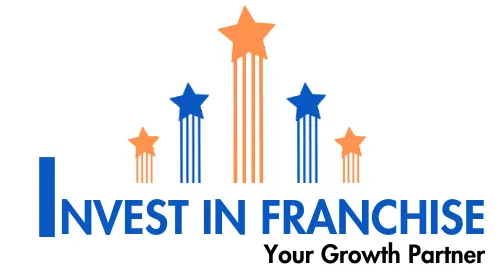Unlocking Success: The Power of Franchising in Today' Market
Introduction:
In the fast-paced world of entrepreneurship, one business model stands out for its ability to turn startups into success stories: franchising. This approach offers aspiring business owners the chance to run their own venture while tapping into the support and recognition of an established brand. Let's dive into why franchising has become so popular and how it benefits both franchisees and parent companies.
Reduced Risk:
Franchising provides a proven roadmap for success, significantly reducing the inherent risks associated with starting a new business. According to the International Franchise Association (IFA), franchises boast a significantly higher success rate compared to independent startups. For instance, a study conducted by the IFA revealed that over 90 percent of franchise businesses were still operating after five years, compared to just 15 percent of independent startups. This statistic underscores the stability and resilience inherent in the franchise model, making it an attractive option for risk-averse entrepreneurs.
Brand Recognition:
The power of established brand recognition cannot be overstated in today's saturated marketplaces. Franchisees benefit from the instant credibility and trust associated with well-known brands, providing them with a competitive edge from the outset. Take the case of Subway, the world's largest submarine sandwich chain. With over 41,000 locations globally, Subway's brand ubiquity has enabled franchisees to tap into a loyal customer base, driving revenue and profitability. This underscores the inherent advantage of aligning with a recognized brand in the franchising realm.
Support and Training:
Franchisors invest heavily in training and support systems to empower franchisees for success. This comprehensive support structure includes initial training programs, ongoing operational assistance, and marketing support to help franchisees navigate the complexities of running a business. For example, McDonald's renowned Hamburger University has trained thousands of franchisees and employees worldwide, equipping them with the skills and knowledge needed to excel in the fast-food industry. Such initiatives underscore the commitment of franchisors to the success of their franchisees, fostering a symbiotic relationship built on mutual growth and prosperity.
Economies of Scale:
Franchises leverage economies of scale to drive operational efficiency and cost savings, benefiting franchisees and parent companies alike. Through centralized purchasing and marketing initiatives, franchise networks can negotiate favorable terms with suppliers and vendors, resulting in reduced costs for franchisees. Domino's Pizza, for instance, leverages its global network of franchisees to procure ingredients at scale, allowing franchise owners to enjoy competitive pricing while maintaining quality standards. This collaborative approach to procurement exemplifies the synergies inherent in the franchise model, driving value for all stakeholders involved.
Diversification:
Franchising enables businesses to diversify their revenue streams and expand into new markets with minimal risk. By partnering with local entrepreneurs who possess intimate knowledge of their respective markets, parent companies can penetrate new territories while tapping into the entrepreneurial drive of franchisees. A prime example is Marriott International, which operates over 7,600 properties worldwide through its franchise model. By leveraging the expertise of local franchisees, Marriott has expanded its global footprint while offering travelers a diverse portfolio of hotel brands to choose from.
Conclusion
In essence, franchising represents a transformative force in the world of entrepreneurship, offering a proven pathway to success for startups and established businesses alike. By leveraging the benefits of reduced risk, brand recognition, comprehensive support, economies of scale, and diversification, franchisees and parent companies can chart a course towards sustainable growth and profitability in today's dynamic business landscape.

_1741083632.webp)